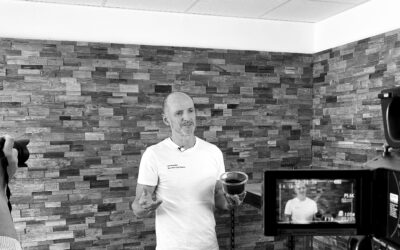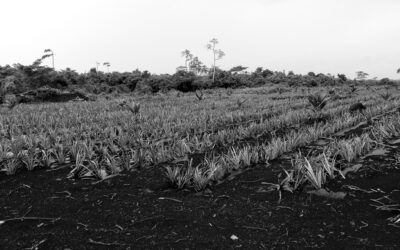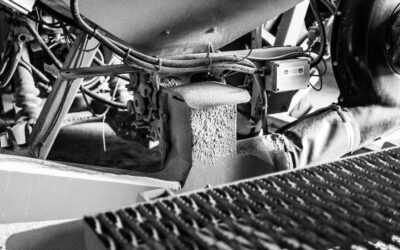carbonauten energy
Renewable, base load capable and cheap starting 40 € per MWh (thermal)
Up to 1,250° C for process, district, local heating or electricity (CHP)
The decentralized “minus CO2 factories” provide cheap and CO2-neutral energy 24/7 for companies, municipalities, cities and communities. The carbonauten technology generates significantly more energy from the woody biomass residues than is required for their carbonization. The modularly expandable plants generate at least 24 GWh of heat, 10 GWh of electricity or 120 – 1,000* t of green hydrogen, or mixed forms thereof, per year. The energy is provided through a contracting model.
Energy concept
carbonauten offers permanent, cheap and CO2-neutral energy for industry, cities and communities. For energy contracting, carbonauten finances, builds and operates minus CO2 factories and feeds the excess energy – thermal and/or electrical – into the existing processes, heat and electricity grids, or provides green hydrogen.
Forms of energy
- Thermal energy as directly usable process heat
- Electrical energy by converting synthesis gas to electricity
-
Green hydrogen via electrolysis and as a by-product of activated carbon production
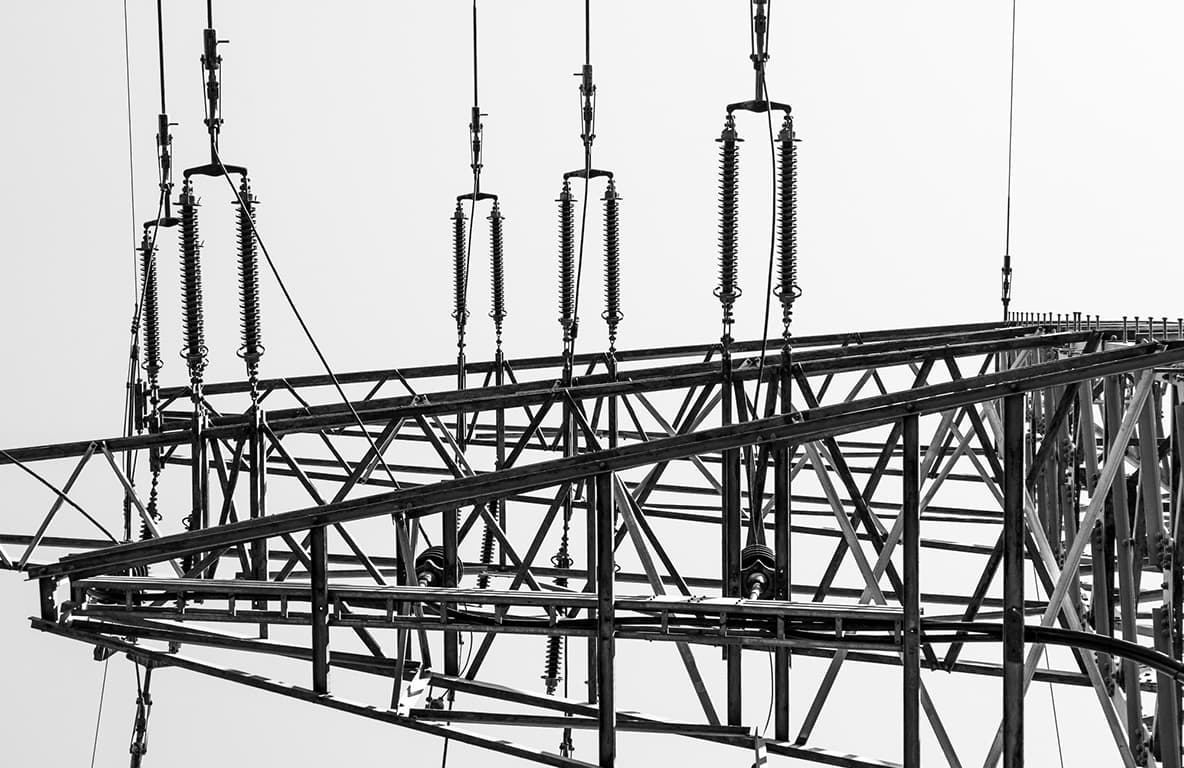
Our range
- Base-load capable, renewable energy
- Usage of waste materials
- Independent from the input material
- Direct feed into heating networks
- Local electricity production
Synthesis gas
- In ovens with up to 1.250°C
- Direct electricity generation through CHP units
- Generation of steam
Cheap thermal energy
- Direct process heat of up to 850°C
- Residual heat from carbonization
Performance data of
20 modules
A minus CO2 factory with 20 modules supplies at least 32,000 t of biocarbon, 160 GWhheat, 100,000 t CO2 certificates, 1,600,000 l pyrolisis oil, and 100.000 t of NET Materials®. Considering the generated thermal energy alone, a paper factory could be supplied with CO2-neutral energy from the synthesis gas.
Biocokes from problematic materials.
Some problematic inputs can easily be carbonized. However, they should not be released back into the environment even in the form of char. This includes chemically contaminated damaged wood or old railway sleepers. From this material, we can produce Biocokes, which are burned in blast furnaces and thus replace brown and black coal.
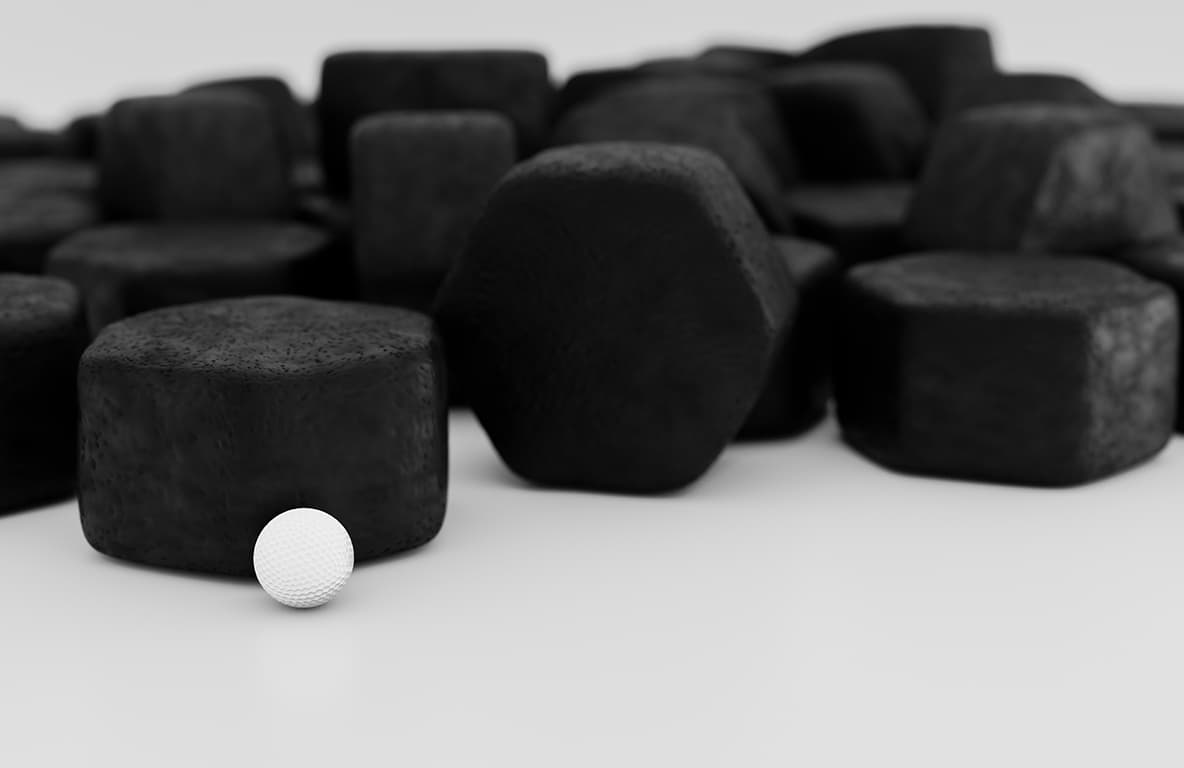
Latest from energy
How do you even come up with ideas like that? (1/2)
The category Inside carbonauten deals with people, their personal motivation and their path in life. In the first interview with Torsten I...
Case study in Ghana
carbonauten conducted research in cooperation with a community of farmers from around Apam, Ghana and the German Society for International...
Products of carbonauten agriculture to strengthen the plant’s natural defenses
Markus Bayer is a farmer from Dischingen in East Württemberg. He grows corn and operates his own biogas plant. Many farmers are fighting...

